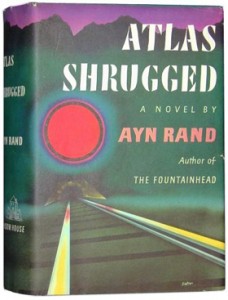Town-Brawl Meetings
August 6, 2009Jon Brooks 2 Comments »No one thought reforming health care was going to be easy. But with a Democratic congress working with a Democratic president, and with the failed Clinton initiative serving as a template of how not to get it done, perhaps no one thought it was going to be quite this hard.
From CQ Politics today:
| The Earth-scorching August firefight over health care has given rise to questions about the point at which stifling civil discussion damages the democratic process.
All across the country, conservative opponents are clamoring to disrupt town-hall meetings about the proposed overhaul of the nation’s health care system, using GOP-generated talking points to shout down Democratic congressmen who attempt to explain the plan. |
They ain’t kidding. YouTube’s full of these recent encounters. Here’s Democratic Senator Russ Carnahan getting the treatment at his town hall:
Here’s Texas Rep. Lloyd Doggett (D) surrounded by sign-wielding, chanting protesters at his meeting:
And here’s Minnesota Rep. Keith Ellison (D) getting an earful, as well:
And a handful of angry folks disrupt a meeting held by House Majority Leader Steny Honer:
A “health care town hall” search will return videos to more encounters.
People are uploading their own video op-eds, as well. Here’s one called “Near-Riots at Townhall Meetings Are Fake.” (If you subscribe to this theory, see liberal MSNBC host Rachel Maddow’s report claiming the “”Recess Rallies” are not grass roots-inspired, but are in reality “Astroturfing.”)
Then there’s well-known Obama loather Dr. James David Manning’s “Are you willing to die for Obama’s healthcare?”
We’d suggest toning down the rhetoric just a titch, but is anyone listening?


